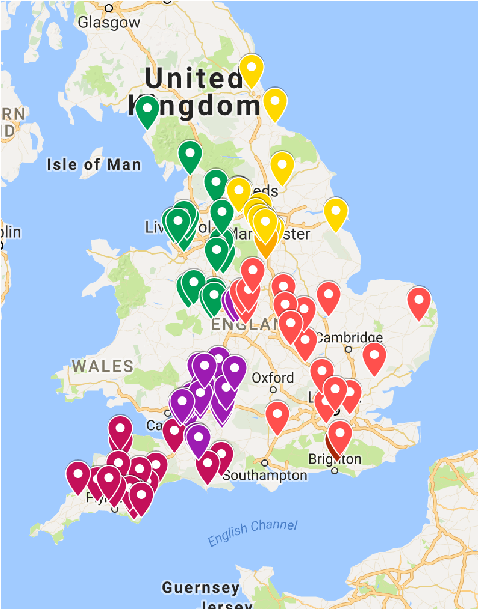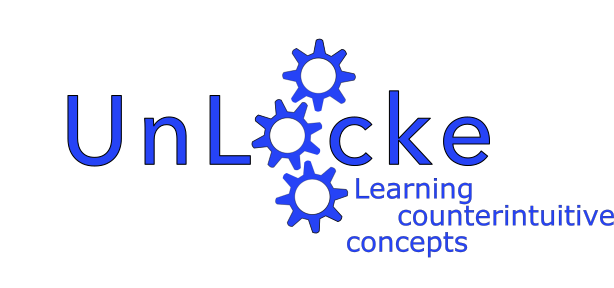2018/19 Efficiency Trial Results
The trial took place across the autumn and winter terms of 2018/19 and was independently evaluated by NFER, the National Foundation for Educational Research.
2022/23 Effectiveness Trial Results can be found here.
You can click here to watch one of our top scientists describe the results of the trial.
A total of 6672 children in Years 3 and 5 coming from 89 schools in England took part in this project. There was a mix of single form and multiform entry schools reflecting both rural and urban settings.

This study consisted of a Randomised Control Trial designed to test the effectiveness of the Stop and Think computerised learning activity at boosting maths and science achievement in primary school. Half of the participating children were randomly allocated by the independent evaluator to the “Stop and Think” maths and science condition, one quarter were randomly allocated to the SEE+ computerised social training condition, and one quarter were randomly allocated to a business as usual condition. The inclusion of an “active” control group of children, who engages in a different computerised learning activity, allows us to test whether any improvements in performance observed in the Stop and Think children are due to the specific content of Stop and Think, or, whether just the fact that children and teachers were taking part in a fun computerised activity at the beginning of the lesson is enough to cause any change in achievement. Indeed, just knowing that you are in a study and starting lessons with a novel engaging activity could be sufficient to raise performance in class.
The overall results were mixed. When looking at all children combined, the prediction that performance in both maths and science would improve was not found to be statistically reliable. However, when considering maths and science separately, Stop and Think led to an equivalent of 2 additional months’ progress in science, which was statistically reliable and, although not statistically reliable, Stop and Think led to an equivalent of 1 additional month’s progress in maths. The observed impact of Stop and Think was greater in Year 5 than in Year 3, in both maths and science.
Finally, although the study was underpowered to test this statistically (that is, not enough children were tested to be fully confident of the conclusions), Year 3 children with free school meal status benefitted more from Stop and Think in maths than the group of children as a whole.
We find these results extremely promising, especially when considering that this was a relatively short intervention, over 10 weeks, and the low cost of the intervention (calculated as around £5 per pupil over 3 years). The Education Endowment Foundation give this trial a 4/5 rating (one of their highest scores) in terms of reliability of the trial and take the view that the results provide evidence of promise for ‘Stop and Think’ as a programme.
During follow-up interviews with the teachers, it became clear that some teachers had experienced difficulties related to the running of the computerised activities in their classroom and were unsure about how to embed them more clearly into their lessons. We are confident that these issues can be addressed with improvements to the existing Stop and Think computerised learning activity, particularly to give teachers more control over delivery of the content. This is the aim of ongoing research and development.
Despite these limitations, a majority of teachers reported they thought Stop and Think had had a positive impact on the maths and science ability of their pupils, but also on them as a teacher. For example, they said:
"Stop and Think helped pupils to further develop social skills such as listening and considering other pupils’ points of view."
"Some pupils took the Stop and Think idea into other lessons, that is to say, pupils were taking time to consider questions before answering."
"The Stop and Think game show contestants and animations in the programme, encouraged pupils to reason more which enhanced their learning."
"It allowed me to develop my understanding of how the children in my class learn and to analyse what they know, how clearly they understand concepts and to identify misconceptions that some/most or all children in my class have."
"It gave me an insight into how children’s ideas can change when given thinking time and how they are able to reason as to why something is right or wrong."
To read the full report, please visit the EEF website:
https://educationendowmentfoundation.org.uk/projects-and-evaluation/projects/learning-counterintuitive-concepts/
Finally, … we wish to say a gigantic THANK YOU to all the schools, teachers and pupils who took part in this study. We can have the best ideas in the world, but without your participation, research into children’s learning and better educational practice cannot progress!
